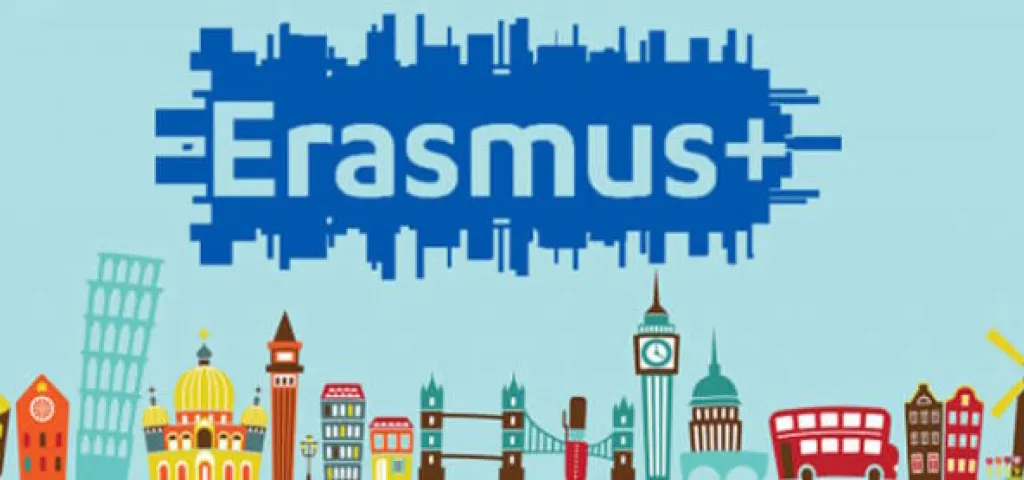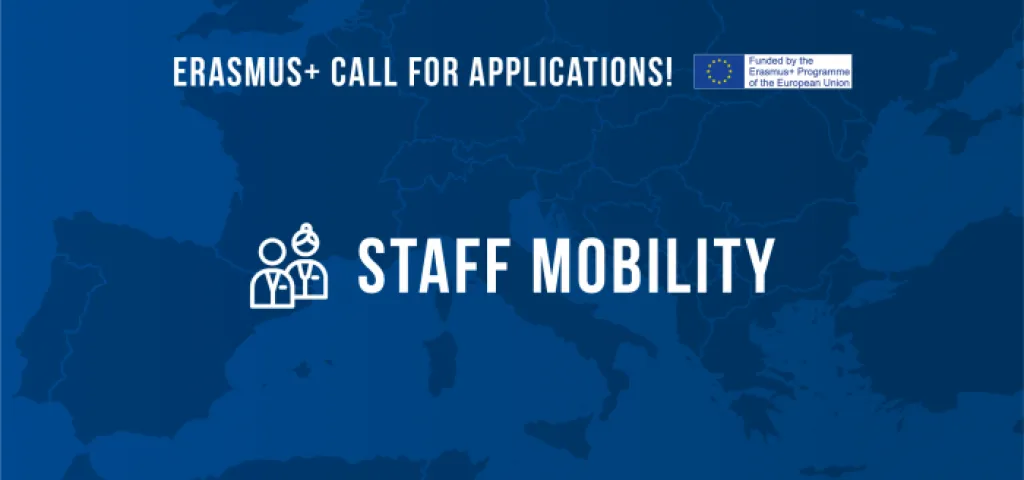International Credit Mobility (KA171)
Erasmus+ International Mobility provides the opportunity for students and staff members of Higher Education Institutions, as well as members of non-academic organizations, to move to Partner Countries for studies, traineeships, teaching and training respectively.
Types of Mobility
There are two main types of Erasmus+ International Mobility:
Student mobility
Erasmus+/International Mobility offers students the opportunity to move to partner countries in order to experience different cultures and educational systems while enriching their knowledge and acquiring new knowledge in a variety of scientific fields.
Duration of mobility:
α) studies: 3 to 12 months per course of study
(b) Traineeships: 2 to 12 months per cycle of studies
(c) Combination of studies & traineeships: 3 to 12 months per cycle

Staff mobility
The Erasmus+/International Mobility action provides the opportunity for teachers and staff members of higher education institutions and non-academic organizations to move to Partner Countries for teaching, training or a combination of teaching and training, contributing to the extroversion and internationalisation of their institutions. The development of networks through International Mobility contributes to the further exchange of academic knowledge and good practice in the field of Higher Education.
Duration of mobility: 5 days to 2 months

Grant for people with disabilities
The grant for participants with disabilities covers the additional mobility costs incurred by participants with disabilities when travelling abroad, based on a budget for these needs. These costs are subsidised at 100%, based on actual costs. Applications for an additional disability grant are submitted by participants to the Erasmus office of their institution.
Benefits of Erasmus+ International Mobility
There are many benefits to participating in Erasmus+ International Mobility. These benefits include:
- Improved language and intercultural skills: Students and staff will have the opportunity to improve their language skills and gain a better understanding of different cultures.
- Gained work experience: Students can combine their period spent studying abroad with a traineeship to gain work experience.
- Personal development: Students and staff will have the opportunity to develop their personal skills, such as teamwork, communication, and problem-solving.
Erasmus Charter For Higher Education 2021-2027

